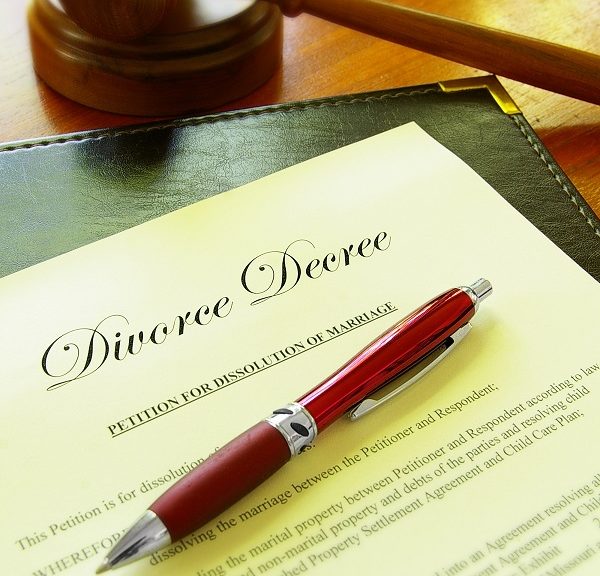California is a community property state. Everyone says that, but what does it really mean? The following questions tackle a few of the questions you may have about community property.
When one spouse makes more money than the other, will their property still be split 50/50?
Divorcing couples negotiate an agreement called a divorce settlement. The division of the community estate is decided by the couple and their attorneys. Couples may agree to split that is not 50/50.
However, when couples are unable to agree, then the court gets involved. To arrive at a fairly equal division of assets and debts, courts may award part of the community property to one party based on economic circumstances. And, remember that income is considered community property in California.
Is an inheritance received during a marriage considered community property?
Property that is inherited by one spouse usually remains the separate property of that spouse unless one of the following two conditions occurs:
Commingling. The nature of an inheritance changes if the receiving spouse mixes, or commingles, the inheritance with community property.
For example, if Rosie keeps the $120,000 cash she received from her grandmother’s estate in an account that only she owns, her husband John generally can’t take it in the divorce. If Rosie instead deposits the cash into the joint account she has with John, the inheritance is now community property.
Transmutation. This occurs when the spouse who received the inheritance takes action that shows an intent to make the inheritance community property.
Using the example above, Rosie receives the $120,000 inheritance and puts it in a separate account. However, she later uses the money to buy a home that she titles in both her and her spouse’s names. She has transmuted the inheritance from separate property to community property.
A spouse who has commingled or transmuted separate property can request reimbursement if the separate property contribution can be traced back to its source. Rosie could ask to have her $120,000 returned, but she would have to prove that the money came from her inheritance. Keeping accurate, up-to-date records is critical.
Does community debt include a spouse’s credit card bills?
Debts incurred during a marriage are typically community debts.
For example, John uses his credit card to buy a wardrobe full of Louis Vuitton while still married to Rosie. His credit card bills are considered community debt and will have an impact on the value of the community estate. When dividing up their assets and debts, John could take the Louis Vuitton and the debt. However, creditors don’t really care about divorce settlements and may come after Rosie for payment if John defaults.
Is a house purchased by one spouse before marriage considered community property?
When spouses buy a house together using community funds, the house is community property. A house purchased by one spouse before the marriage is the separate property of that spouse.
However, the issue can become complicated if community funds were used for the mortgage or other house-related expenses. Also, the spouse may be found to have an interest in the home if the couple was married for a long period of time.
Call to learn more about community property.
It’s not always easy to understand which assets are considered community property and which ones are not. An experienced California divorce attorney can help you understand how much financial information needs to be disclosed.
Judy Burger is a California Certified Family Law Specialist, and founder of the Law Offices of Judy L. Burger. Please call our offices at 415-293-8314 to set up an appointment with one of our attorneys. We assist clients along the Northern to Central California Coast.











